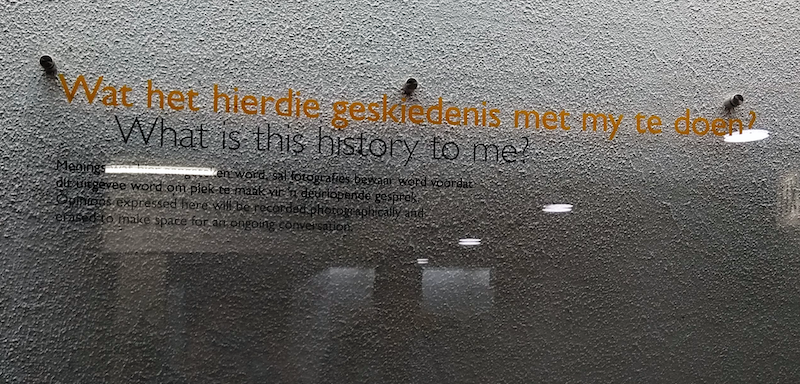This is the first substantive post in a series of critical engagements with Hugh Gusterson’s paper, Homework: Toward a Critical Ethnography of the University. I won’t repeat the framing of this series here, but you may want to read the introduction before continuing, or see the whole list of posts.
As I mentioned in the introduction to this series, Gusterson’s paper calls for what he pictures as a more “systematic” anthropology of the university. It is worth revisiting his initial formulation in detail:
Some good ethnographic studies of aspects of university life have been written, but it must be said that, after three decades of “repatriated” anthropology (Marcus and Fischer 1986), the anthropological literature on universities is, taken as an ensemble, underdeveloped, scattered, and riddled with blind spots. And in this literature universities tend to be treated as spaces where particular phenomena, such as ethnic or gender relations, can be studied, but not as institutions to be theorized in and of themselves. (435)
Continue reading Critical Point 1: The aesthetics of good and bad ethnography



